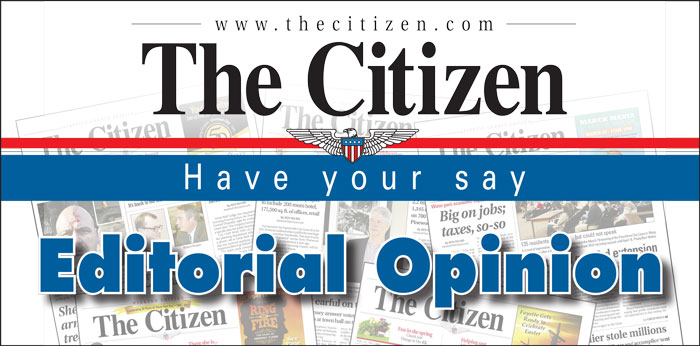By Kyle Wingfield
Georgia Public Policy Foundation
Call it the Tale of the Uber Driver and the Farmer.
No, they aren’t walking into a bar together or running an endurance race with a moral at the end. But they do offer a likely explanation for why Georgia’s tax revenues are lagging – and why legislators writing the budget need not lose too much sleep, or their nerve.
Start with the Uber Driver, shorthand for anyone who has taken up working in the gig economy. Most rideshare drivers I’ve met have a similar story: They used to work a 9-5, but they’ve made the jump to contract work for Uber or Lyft to enjoy the flexibility it gives them. Others drive as a side hustle.
There are so many other new work arrangements: people making deliveries for Amazon or DoorDash, doing freelance business projects via Fiverr or Upwork, being hired for handyman jobs through Takl or TaskRabbit, renting out rooms or entire homes on Airbnb or Vrbo.
What they have in common is they aren’t receiving a regular paycheck from an employer who withholds taxes each month. Rather, they make estimated tax payments each quarter. These quarterly deadlines are skewed toward the first half of the year: in January, April and June, with only September falling in the back half of the year.
The calendar year, that is. Georgia budgets on a fiscal year that begins July 1. So, a person who went from a corporate office to freelancing from home might pay just one-quarter of her taxes in the first half of the state’s fiscal year.
That change appears to show up in revenue data. Since fiscal 2015, the proportion of personal income tax paid to the state from January through June has increased each year: from 47.3% in 2015 to 49.7% in 2019. That’s a substantial change for such a short period of time. There has been a lesser but unmistakable trend in overall revenues; just over half of state tax revenues come in January-June.
The trend lines within calendar years are more pronounced. Why does that matter, when budgets are written for fiscal years? Because tax policy changes generally take effect January 1, not July 1.
The bottom line: If there were an unexpectedly large negative effect on revenues due to the General Assembly’s 2018 tax reform, it would have already shown up. On the contrary, income-tax revenues beat projections for both the 2018 and 2019 budget years.
The danger here is legislators tasked with writing a budget for the 2021 budget will misconstrue this shift in when people pay their taxes as a shift in how much tax people are paying. That could prompt them to hold off on affirming the third step of their tax reform, which is lowering the top rate to 5.5%.
But before we continue, I also promised you a mention of a Farmer, didn’t I?
Those north of I-16 may have forgotten about Hurricane Michael, which struck South Georgia’s farmland in October 2018. What promised to be a bumper crop instead brought many farmers to the brink of ruin. They didn’t make money, but rather went deeper into debt. Relief from Washington took too long to arrive due to partisan gamesmanship, and 2019’s trade disputes closed off key markets.
Agriculture, lest those north of I-16 have also forgotten this, is still Georgia’s largest economic sector. A hit to farmers is thus disproportionately large – and then ripples out to their banks, suppliers, equipment dealers, truckers. Not to mention their nearby retailers, service providers and local governments.
It’s hard to say definitely due to the lagging nature of economic data, but Hurricane Michael was likely still swirling in this past fall’s revenue numbers.
Between the Uber Driver and the Farmer, there are reasons long- and (let’s hope) short-term, respectively, that Georgia’s revenues since July don’t reflect the strength of the economy and job market. It would be a mistake for lawmakers to take a wrong policy turn because they misread that tale.
[This commentary by Kyle Wingfield, president and CEO of the Georgia Public Policy Foundation, was originally published in The Savannah Morning News. The Georgia Public Policy Foundation is an independent, nonprofit think tank that proposes market-oriented approaches to public policy to improve the lives of Georgians.]













Leave a Comment
You must be logged in to post a comment.